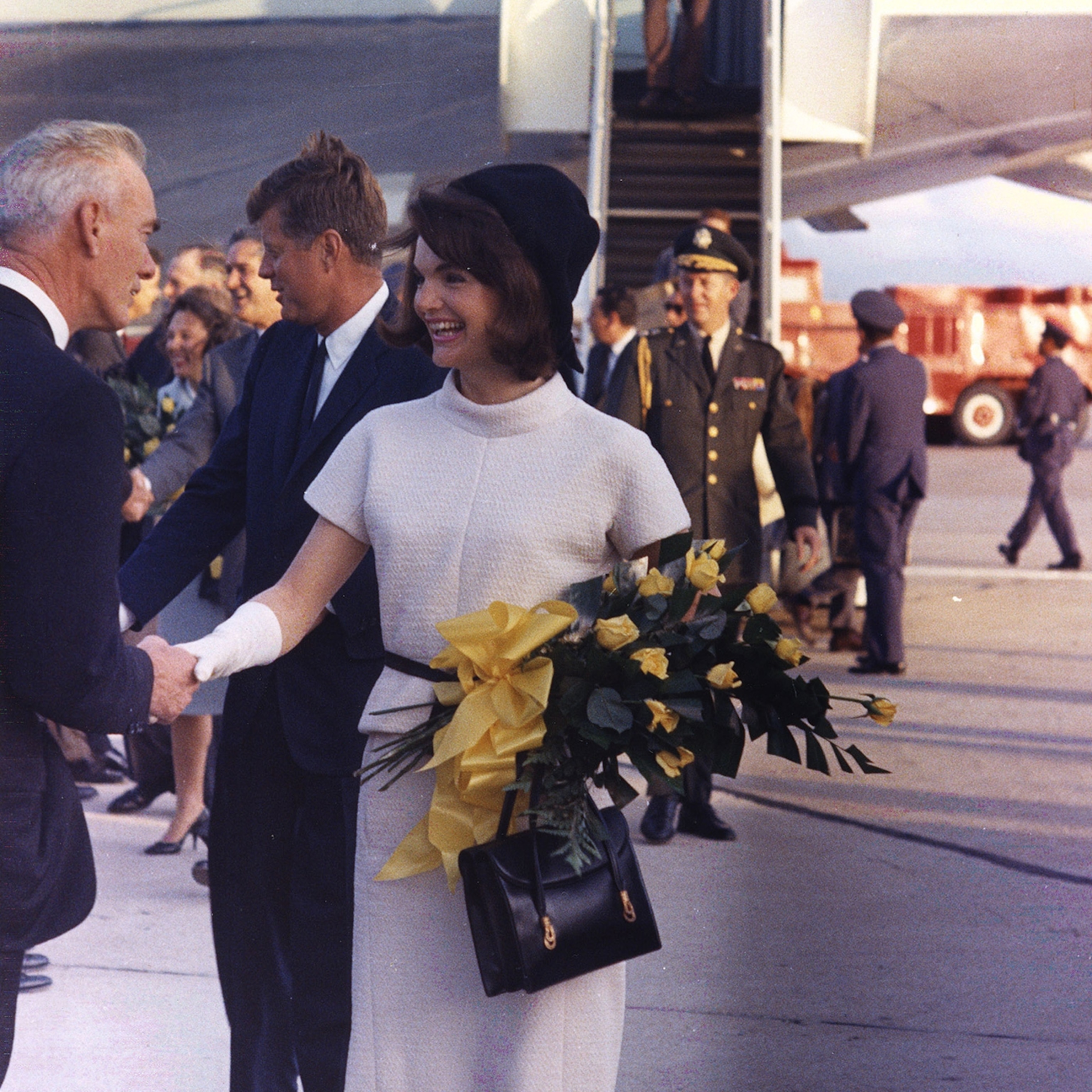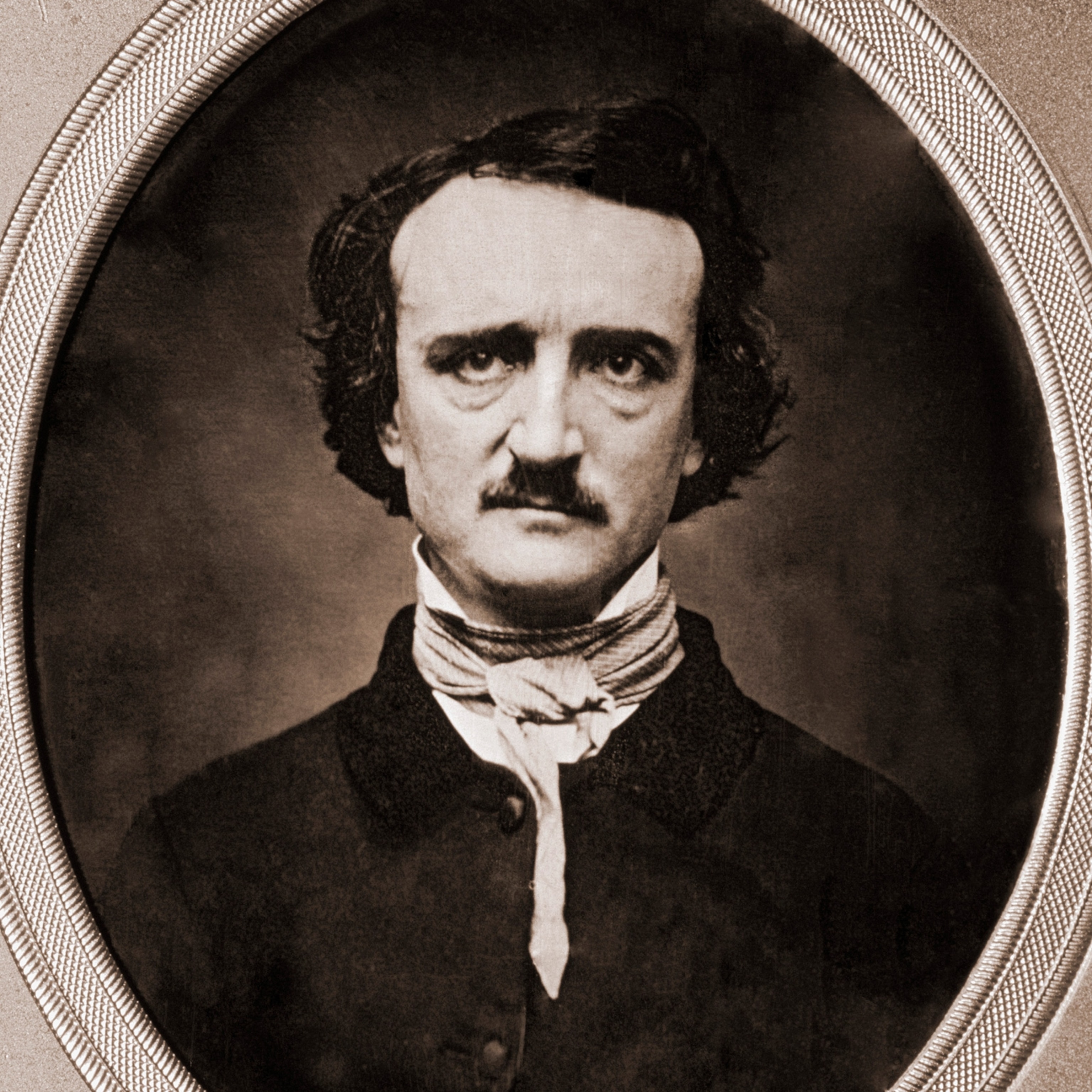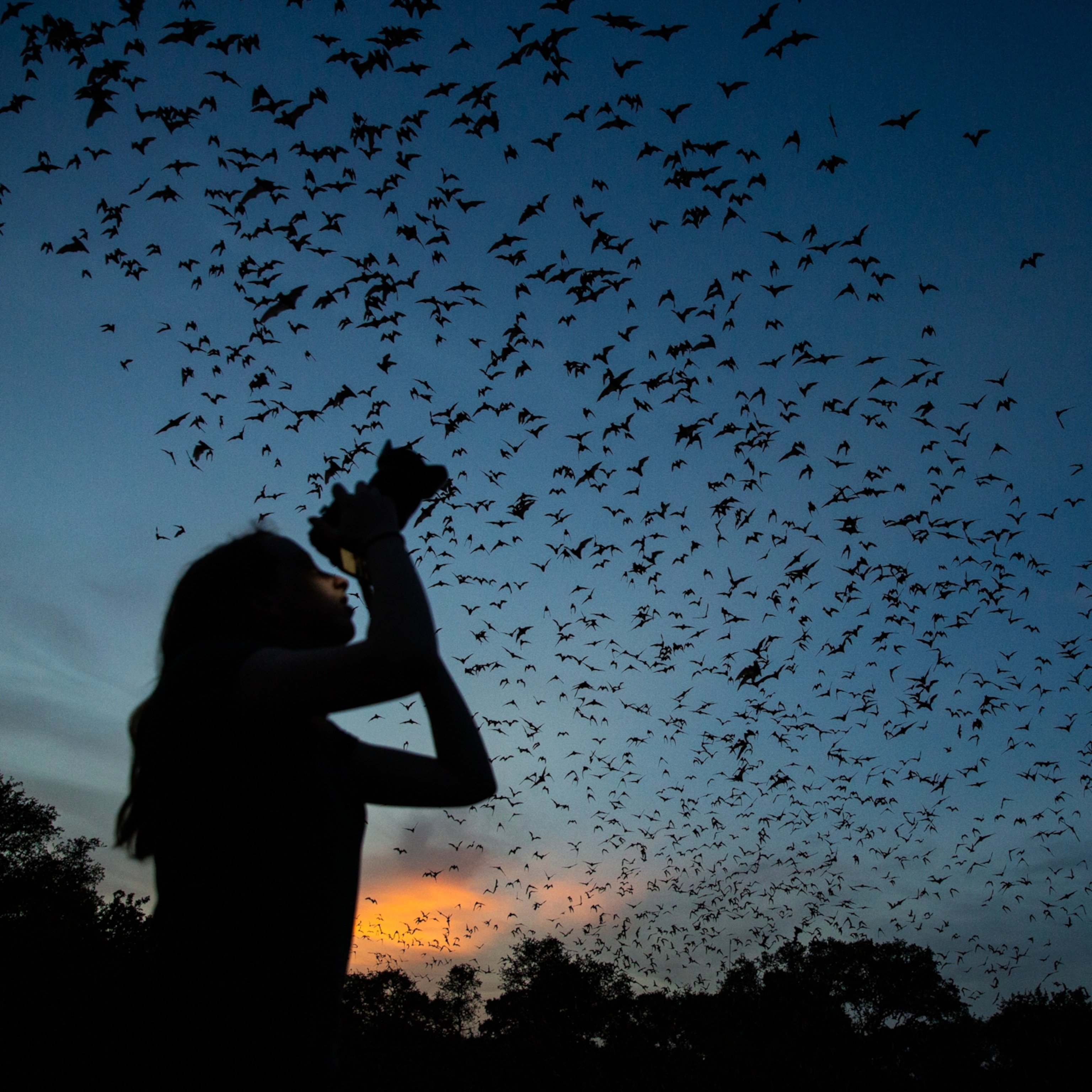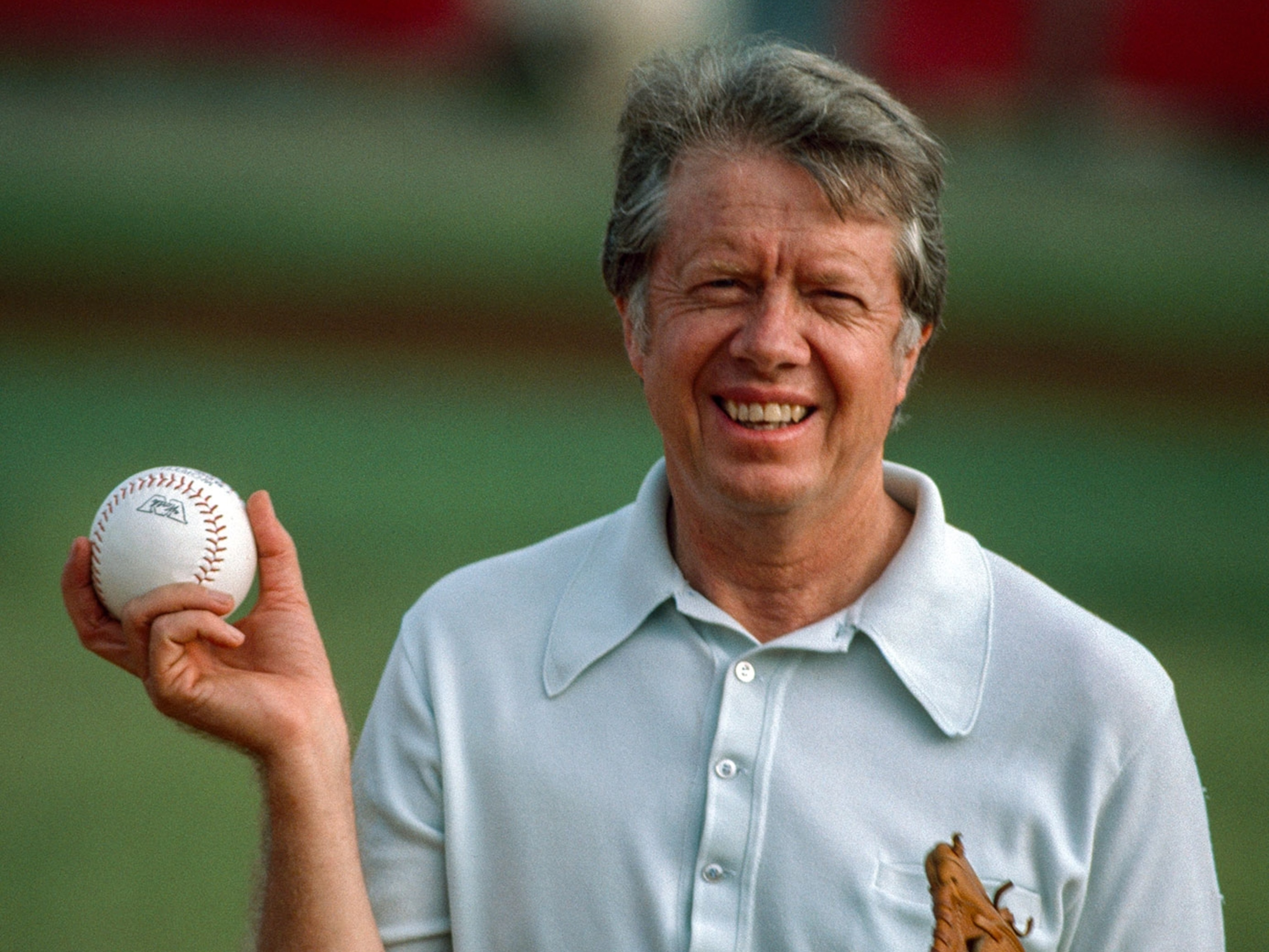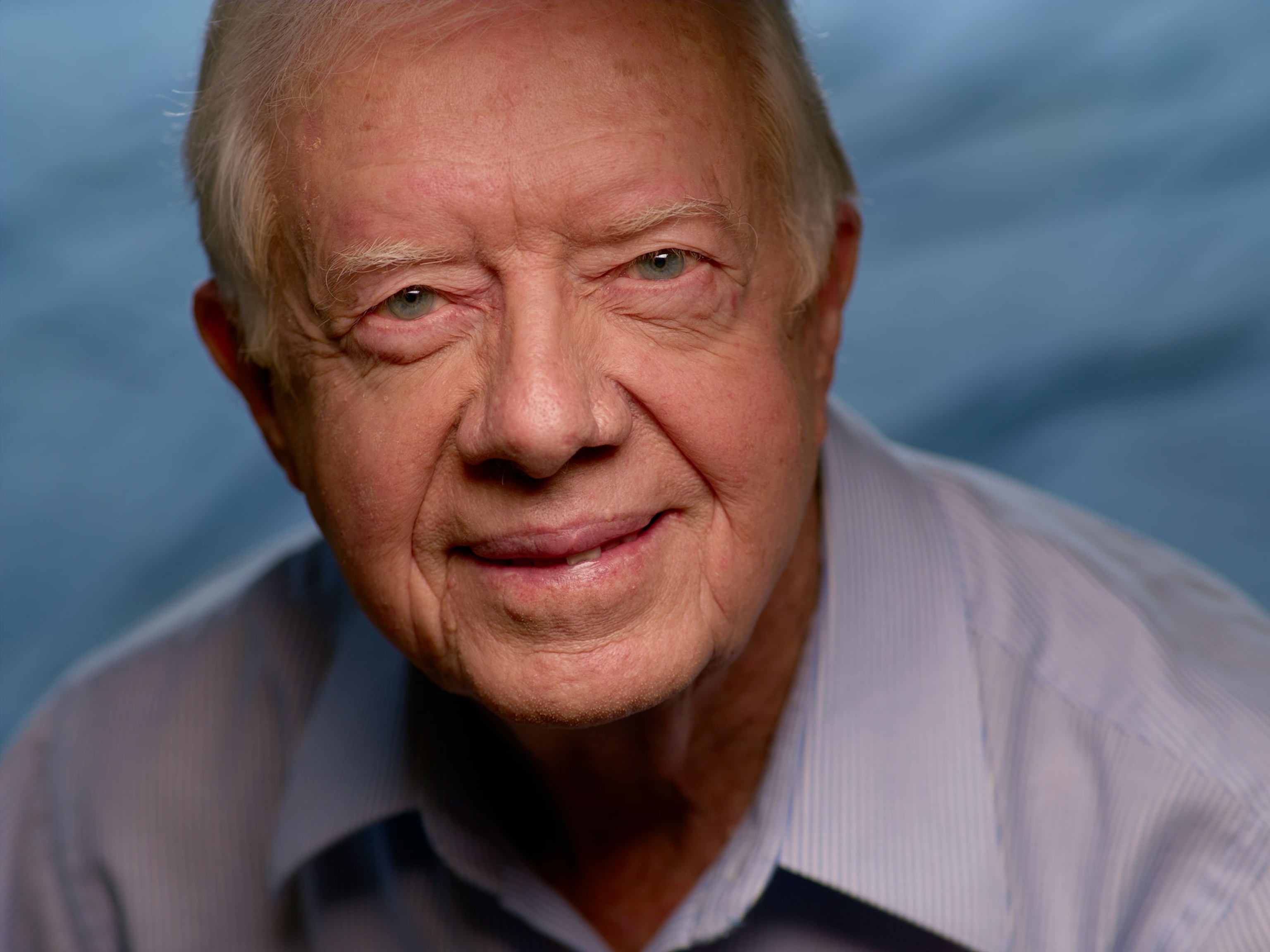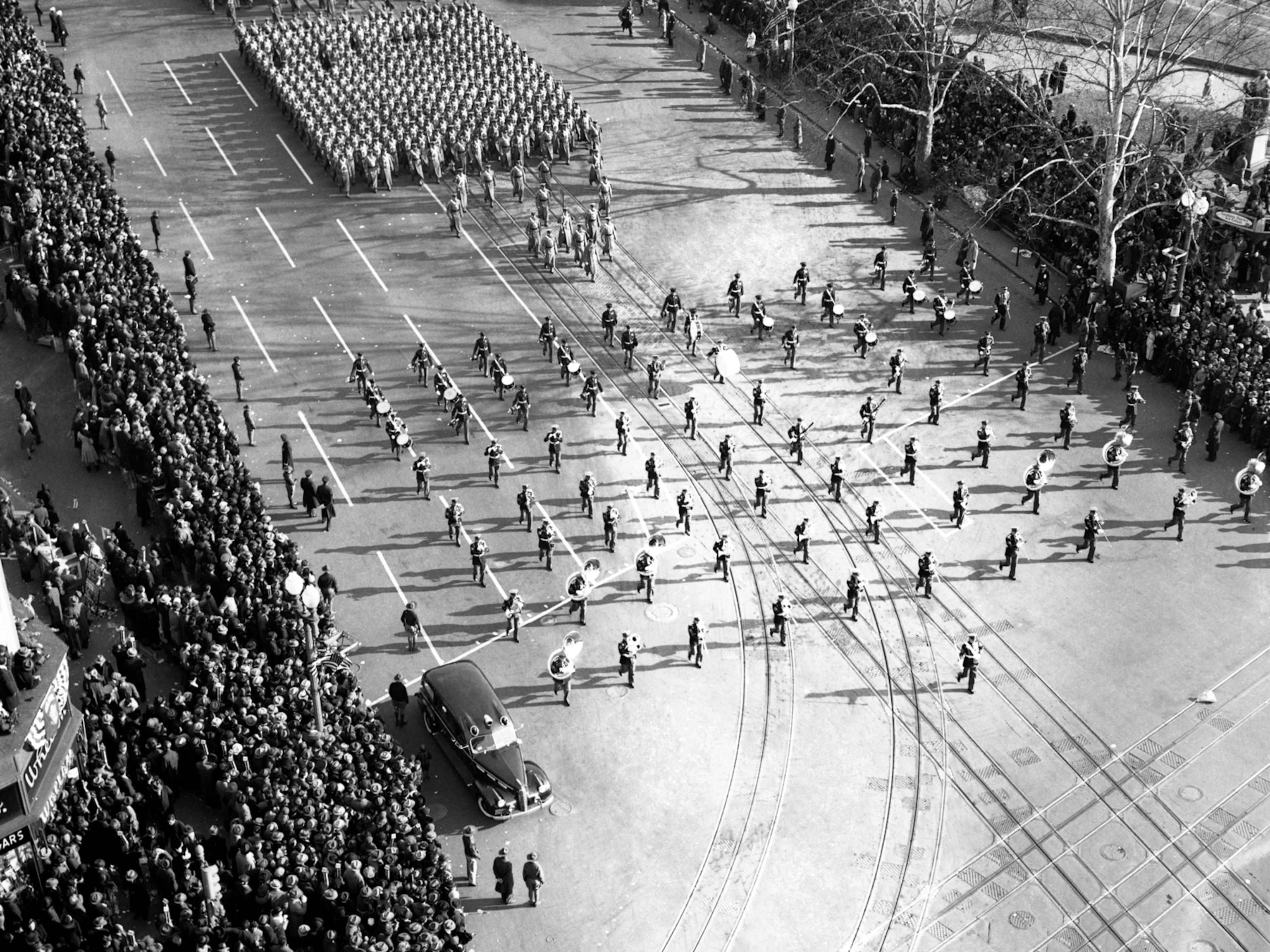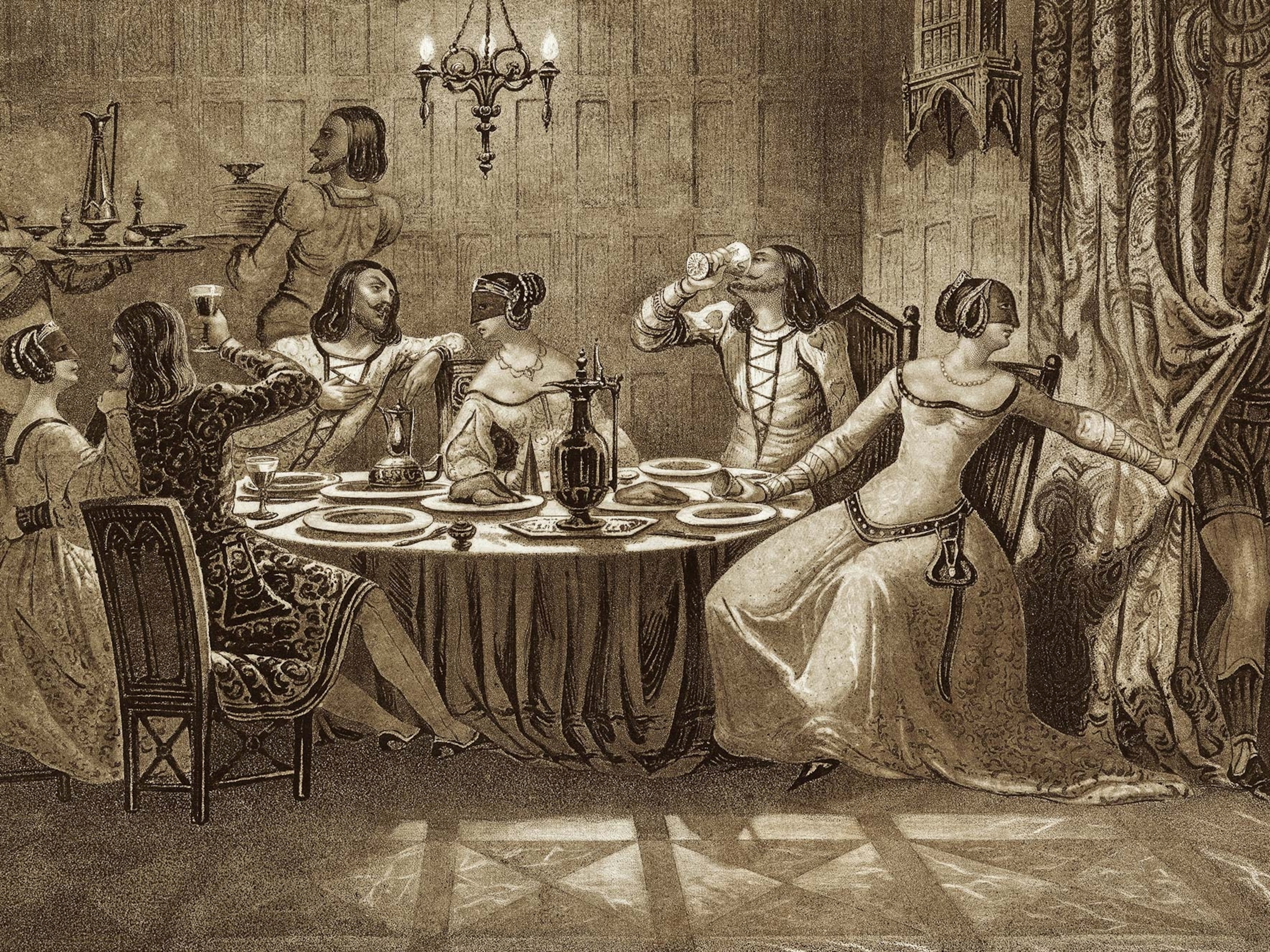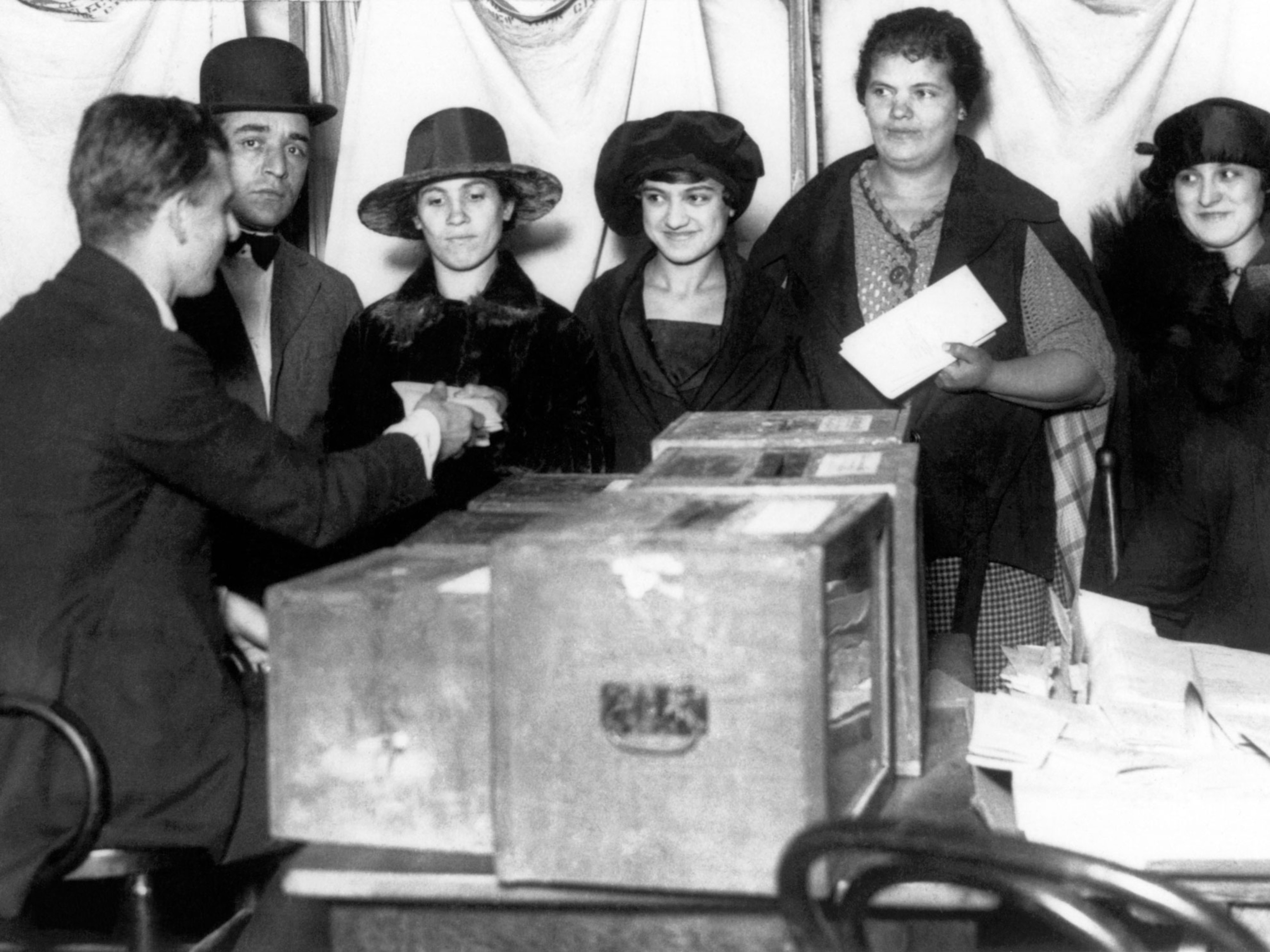What was Leonard Bernstein and JFK's friendship really like?
Their lives couldn’t have been more different. But the famed maestro’s recollections of John F. Kennedy reveals a surprising side of the political icon.
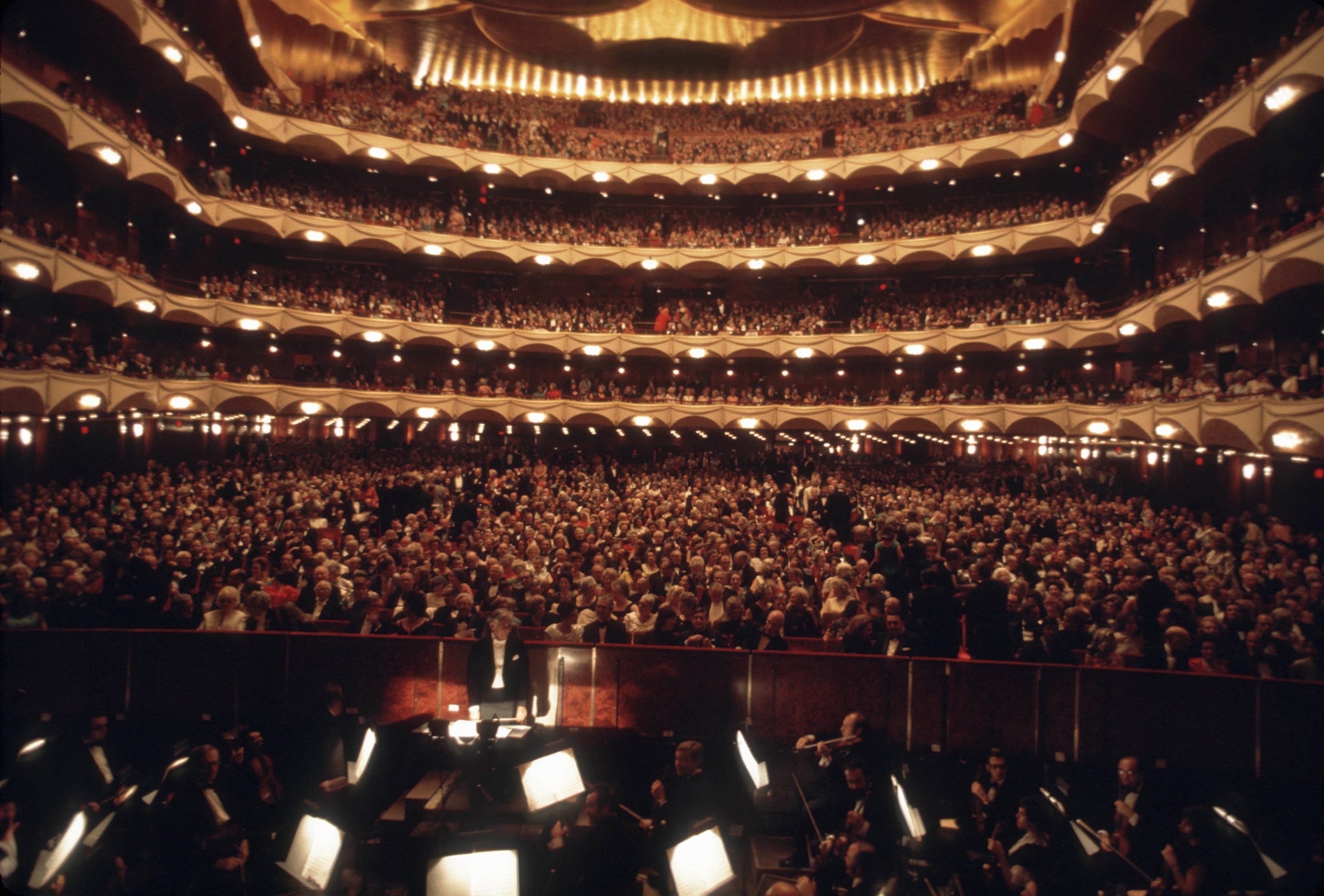
Leonard Bernstein and John F. Kennedy: One was a maestro, the other a president, and both were titans of 20th-century America. They were also unexpected friends whose relationship represented the union of American arts and politics during the Kennedy administration.
When Kennedy was assassinated on November 22, 1963—60 years ago this month—Bernstein was bereft. Two years later, the legendary composer spoke about their friendship in an oral history interview with the John F. Kennedy Library—revealing surprising sides to them both.
(Why Jackie Kennedy was already in mourning before JFK's assassination.)
Two boys from Massachusetts
Bernstein and Kennedy both hailed from Massachusetts, but it might as well have been two different planets.
Leonard Bernstein was born in Lawrence on August 25, 1918. His parents were Ukrainian immigrants who built a successful beauty supply company. Young Bernstein did not want to sell wigs, however––he wanted to make music.
John Fitzgerald Kennedy, however, did join the family business. Kennedy was born in Brookline on May 29, 1917, to one of Boston’s political dynasties. His grandfather, P. J. Kennedy, was a state politician, and his father, Joseph P. Kennedy, eventually became ambassador to the United Kingdom.
Bernstein entered Harvard University in 1935; Kennedy started the next year. Though their orbits synced in Cambridge, their paths never crossed.
After college, Bernstein built a career in music, becoming a prominent composer and conductor who would lead the New York Philharmonic. Meanwhile, Kennedy dove headfirst into politics.
An unlikely friendship
Bernstein dated his first meeting with Kennedy to 1954, when the man who would become president was still a senator from Massachusetts. Kennedy invited Bernstein and his wife Felicia to lunch in the U.S. Senate dining room, and Bernstein appreciated Kennedy’s “casualness and majesty” and enthusiasm for ideas.
Their paths crossed again in 1961, after Bernstein had achieved stardom with his musical West Side Story, and Kennedy had been elected president of the United States. On January 19, the night before Inauguration Day, Frank Sinatra organized a star-studded gala in honor of the new president-elect. Among the artists he recruited: Leonard Bernstein, who wrote and conducted Fanfare for the Inauguration of John F. Kennedy to commemorate the event.
(See the 2021 inauguration from sunrise to sunset, captured in one striking photo.)
Initially, official events bonded the two men. They collaborated on a committee to form a National Cultural Center. Kennedy also invited the Bernsteins to state dinners and receptions.
In his interview for the Kennedy Library, Bernstein recollected a reception featuring cellist Pablo Casals in 1961, marveling over the Kennedys’ ability to make everyone feel welcome. “I’ve never seen so many happy artists in my life. It was a joy to watch it. And the feeling of hospitality, of warmth, of welcome, the taste with which everything was done.”
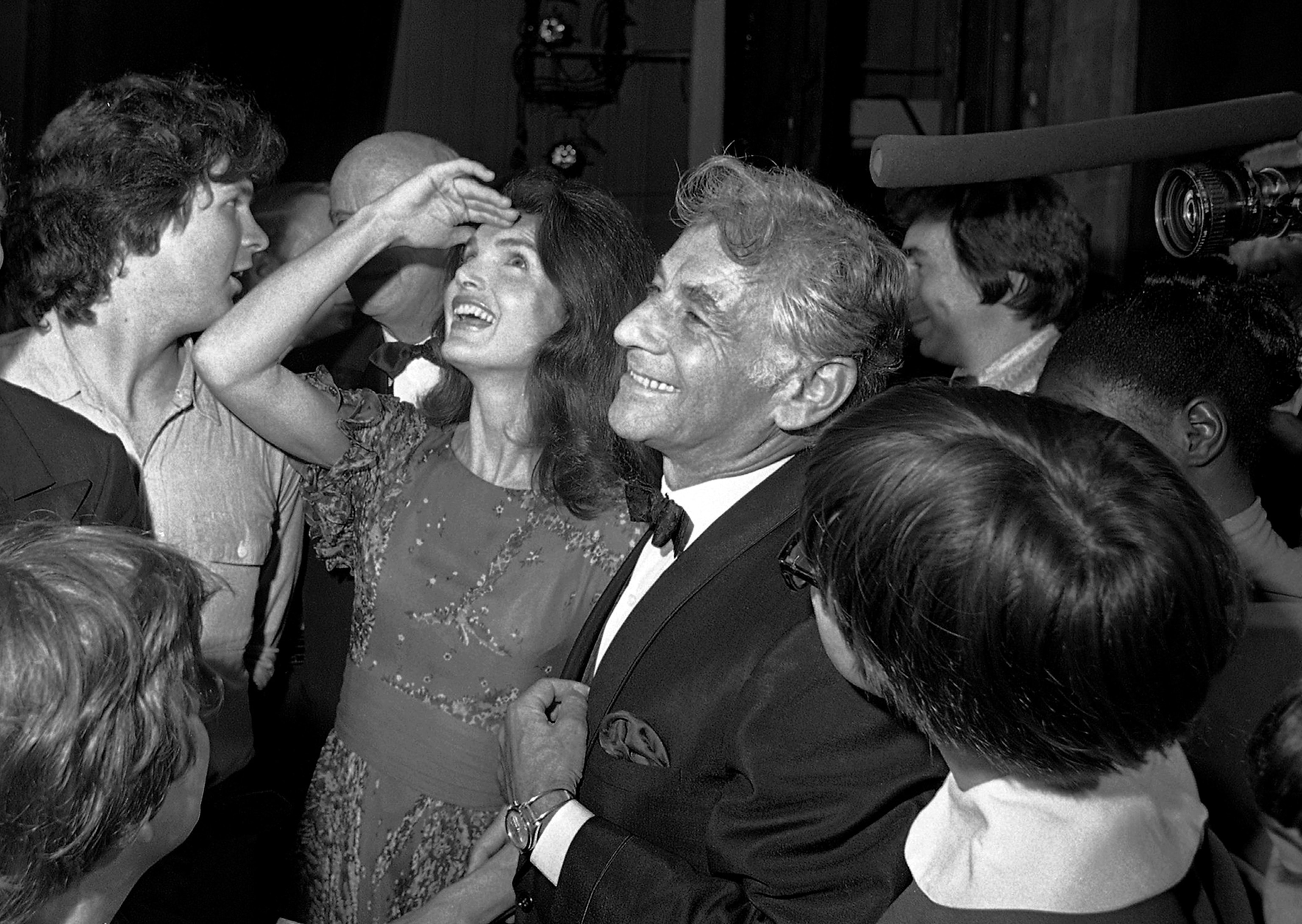
Reminiscences
There was a personal dimension to their friendship too. In November 1961, the Kennedys invited the Bernsteins to a private dinner at the White House. The atmosphere was so casual that, once the company moved to the drawing room, Bernstein lounged on the floor and chatted with the president’s sister Eunice Shriver on the phone.
The party did not break up until two in the morning. “We weren’t doing anything except talking and laughing, it was so delicious an evening,” Bernstein later shared with the Kennedy Library.
(How Beethoven went from Napoleon's biggest fan to his worst critic.)
He fondly recalled that the president knew how to make a joke. During a dinner to honor composer Igor Stravinsky on January 18, 1962, both musicians greeted one another with kisses on the cheek––and Kennedy chimed in, “Hey, how about me?”
Their friendship was such that they came to know one another’s families. Bernstein recalled watching a concert telecast with Caroline Kennedy, the president’s daughter, while Kennedy even sent a birthday card to Bernstein’s father.
Bernstein also developed a friendship with Jacqueline Kennedy. She attended the opening of Philharmonic Hall on September 23, 1962, with Bernstein conducting the program. At intermission, she visited him backstage in a televised segment––and then things took an unexpected turn.
“I kissed her [on the cheek],” Bernstein recounted in horror. “This wasn’t so much kissing Jackie as a friend as it was kissing somebody who comes backstage to see you after a concert. This is a Green Room tradition.” The press seized the moment and ran with it, which only drew more attention to the awkward encounter. “I’m still living it down.”
Continued connections
John F. Kennedy was assassinated on November 22, 1963. He was only 46.
A shocked and devastated Bernstein continued to honor his friend’s legacy. On November 24, he conducted the New York Philharmonic in a televised concert of Gustav Mahler’s Resurrection in memory of the president. The next day, he delivered a speech for the United Jewish Appeal, vowing, “This will be our reply to violence: to make music more intensely, more beautifully, more devotedly than ever before.”
That is exactly what Bernstein did. When the John F. Kennedy Center for the Performing Arts opened on September 8, 1971, its very first performance was a Bernstein premiere: Mass, which Jacqueline Kennedy commissioned.
Still, Bernstein reeled from the loss of a friend. “I can’t get over it,” he told the Kennedy Library in 1965. “I don’t think anybody can.”
